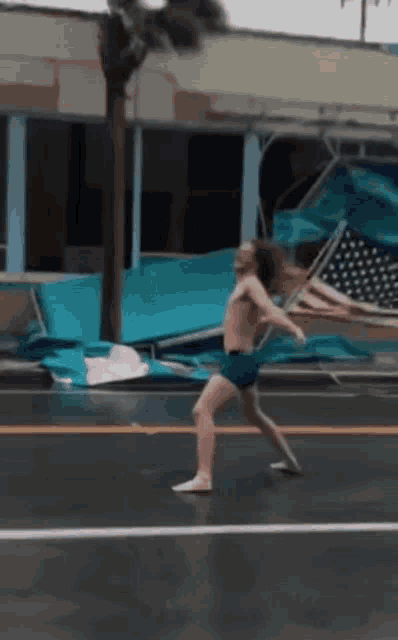Tech Elevator Week 2: “Creativity Requires The Courage To Let Go Of Certainty”
Failure. Discomfort. Embarrassment. Risk.
These are all good things to avoid.
Keep away from poisonous snakes!
Wear a seatbelt!
Stay inside during a hurricane! (Unless you live in Florida)
Those are all examples of high-risk activities, but they don’t offer much upside.
What about investing in the stock market, asking your crush on a date, or sending your kids back to in-person school during a pandemic?
The stock market can give you high returns but it can also crash and destroy your savings.
Your crush can reciprocate your love but your love might go unrequited.
In-person learning is better than virtual school but students might get sick.
Why do humans suck at assessing risk?
We struggle to assess risk because we have two conflicting systems.
In our brains, the amygdala sits right above the brain stem and is used to process base emotions. It's what causes adrenaline and other hormones to be pumped into our bloodstream, triggering the fight-or-flight response, causing increased heart rate and beat force, increased muscle tension, and sweaty palms.
The amygdala is good for instantaneous reactions. But we also have a logical mechanism for assessing risk. The neocortex is responsible for slower logic and reasoning.
But, humans are not computers. We each have our own biases and “rules” for operating.
According to the National Safety Council:
In 2011 the lifetime risk of being killed during air transport was 1 in 7,032, while the risk of dying in a car accident is 1 in 88. Despite these numbers, as many as 25% of Americans experience nervousness due to aviophobia, or the fear of airplane travel. After 9/11, 1.4 million people chose to drive instead of flying, which contributed to 1,000 additional auto fatalities.
We often overestimate the odds of unlikely or rare events, while simultaneously underestimating how dangerous or risky commonplace events are.
What does this mean for you?
Think about where you might be overestimating failure, discomfort, embarrassment, and risk in your life.
Is there something that you want but are afraid to make a move?
Consider the following advice:
My personal experience with uncertainty
In the summer of 2021, I no longer wanted to be in a long-distance relationship with my girlfriend Dani. I wanted to be in a short-distance relationship! Haha. I decided to move from Charlotte, NC to Los Angeles to start a new chapter in my life.
Friends since September 2012.
Dating since January 2020.
Along the way, I decided to totally switch up my career path. I was working full-time as an organist and choir director, but I was drawn to the technology industry. I was excited about the opportunities in the industry, but there was a problem. I had no experience or education in computer science!
Luckily for me, I discovered the existence of coding bootcamps. These immersive experiences are designed to give students the skills they need to jump-start a career in technology. I was accepted into a 14-week long intensive at Tech Elevator. Read about why I chose Tech Elevator here.
I left my current job to enroll. I went to live with my mom. There’s no guarantee of a job after graduation. What if I fail out or end up not liking it? That is the uncertainty that I feel right now.
Staying Sane
I’ve realized that most of my fellow students in my cohort have similar feelings of uncertainty. In a way, that is comforting to know. Everybody brings their own life experiences, but we are in it together.
We recently discussed the ways that we practice self-care. At the top of my list is getting outside every morning for a walk. This past Saturday my mom and I volunteered to clean up the beach. It was the perfect opportunity to forget about the stress for a while and focus on a productive physical activity.
Saturday, September 18th was International Coastal Cleanup day. My mom and I collected 15 pounds on the beach and recorded every little piece for scientific data.
Please stay connected as I share my experience in this weekly blog series.
Kindly,
Garrett













